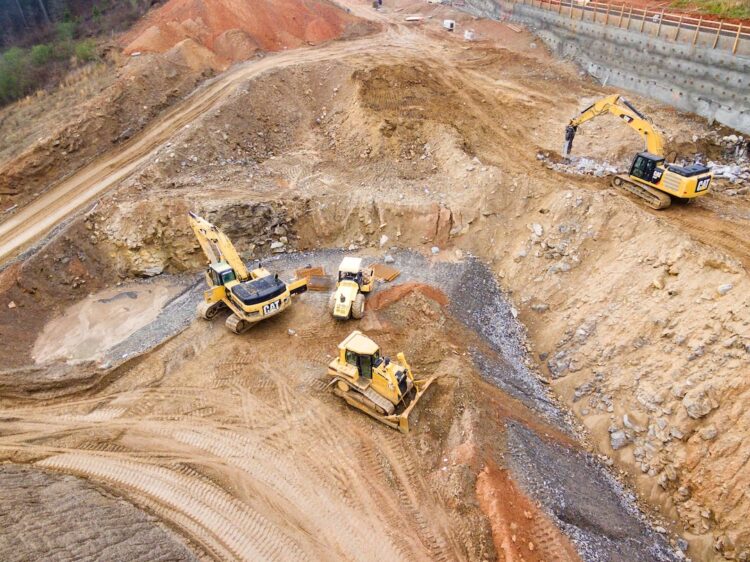Smart Grid Solutions: Monitoring and Managing Energy Distribution
In today’s world, where energy resources are becoming scarce and the need for sustainability is increasing, the concept of smart grids has emerged as an innovative solution for monitoring and managing energy distribution. A smart grid refers to an advanced system that uses cutting-edge technology and digital communication to efficiently deliver electricity to consumers. It encompasses various components such as smart meters, sensors, communication networks, and control systems, all working together to optimize energy distribution.
One crucial aspect of smart grids is monitoring energy distribution. With the help of smart meters, utility companies can gather real-time data on energy consumption at individual households or businesses. Unlike traditional meters, smart meters are capable of transmitting this data remotely, eliminating the need for manual readings. This not only saves time and costs but also allows for more accurate monitoring. By analyzing this data, utility companies can identify trends and patterns in energy usage, enabling them to make informed decisions regarding energy distribution and demand forecasting.
Furthermore, smart grids enable proactive energy management. With the integration of sensors and communication networks, smart grids can monitor the health and performance of the energy infrastructure. For example, these systems can detect power outages, line faults, or other malfunctions and alert utility companies in real-time. By having access to such information, utilities can quickly address and resolve issues, minimizing downtime and disruptions for consumers.
An important aspect of smart grids is their ability to optimize energy distribution and reduce waste. Traditional grids are often built to handle peak energy demands, resulting in excess capacity sitting idle during periods of low demand. However, smart grids can analyze real-time data and adjust energy distribution accordingly. This ensures that electricity is efficiently allocated, minimizing wastage and reducing strain on the grid. This optimization not only contributes to cost savings for utility companies but also promotes energy conservation and sustainability.
The implementation of smart grid solutions also has positive implications for the renewable energy sector. As more renewable energy sources such as solar and wind power are integrated into the grid, smart grids can effectively manage their intermittent nature. By monitoring real-time data on energy generation, smart grids can ensure that renewable energy sources are efficiently utilized and integrated into the overall energy distribution system.
In conclusion, smart grid solutions have revolutionized the way energy is monitored and managed. Through the implementation of advanced technologies and communication networks, smart grids provide real-time data on energy consumption, optimize distribution, and enable proactive energy management. These solutions not only promote efficiency and reduce waste but also support the integration of renewable energy sources into the grid. As the world continues to face energy challenges, smart grids offer a promising pathway towards a sustainable energy future.
Keywords: smart grid solutions, monitoring, managing energy distribution, konfektion dämmstoffe.
************
Want to get more details?
TAL Systemtechnik GmbH
https://www.tal-systemtechnik.de/
+49 7731 68405
Byk-Gulden-Straße 36, 78224 Singen
TAL Systemtechnik GmbH – Wir produzieren und liefern Ihnen konfektionierte Dämmstoffe nach Maß, Akustische Dämmung zur Schallisolierung, den TL flexibler Abgasschlauch hitzebeständig und diverse Schallschutzvorhänge für die Industrie.












